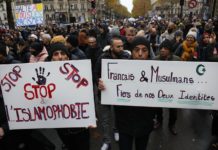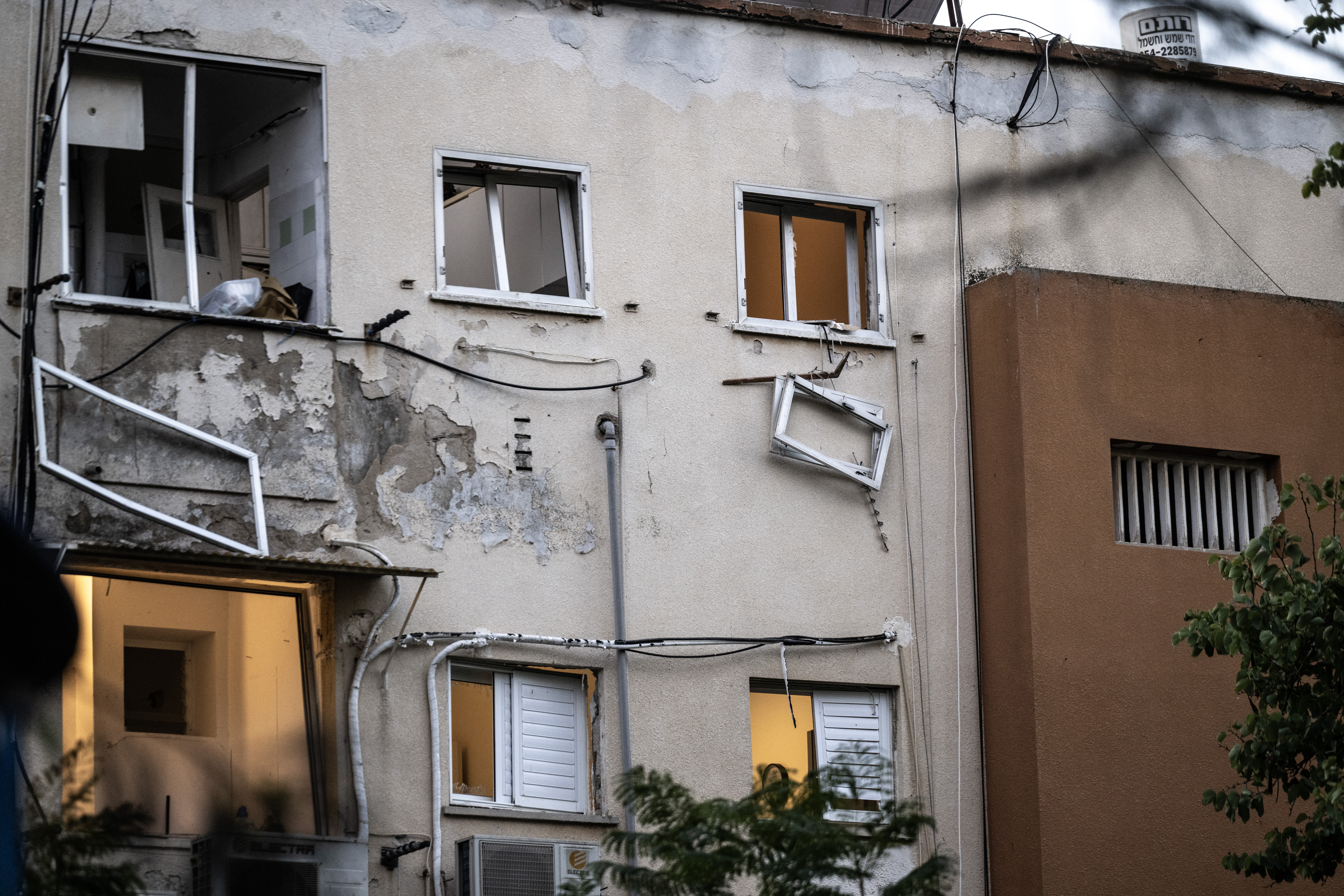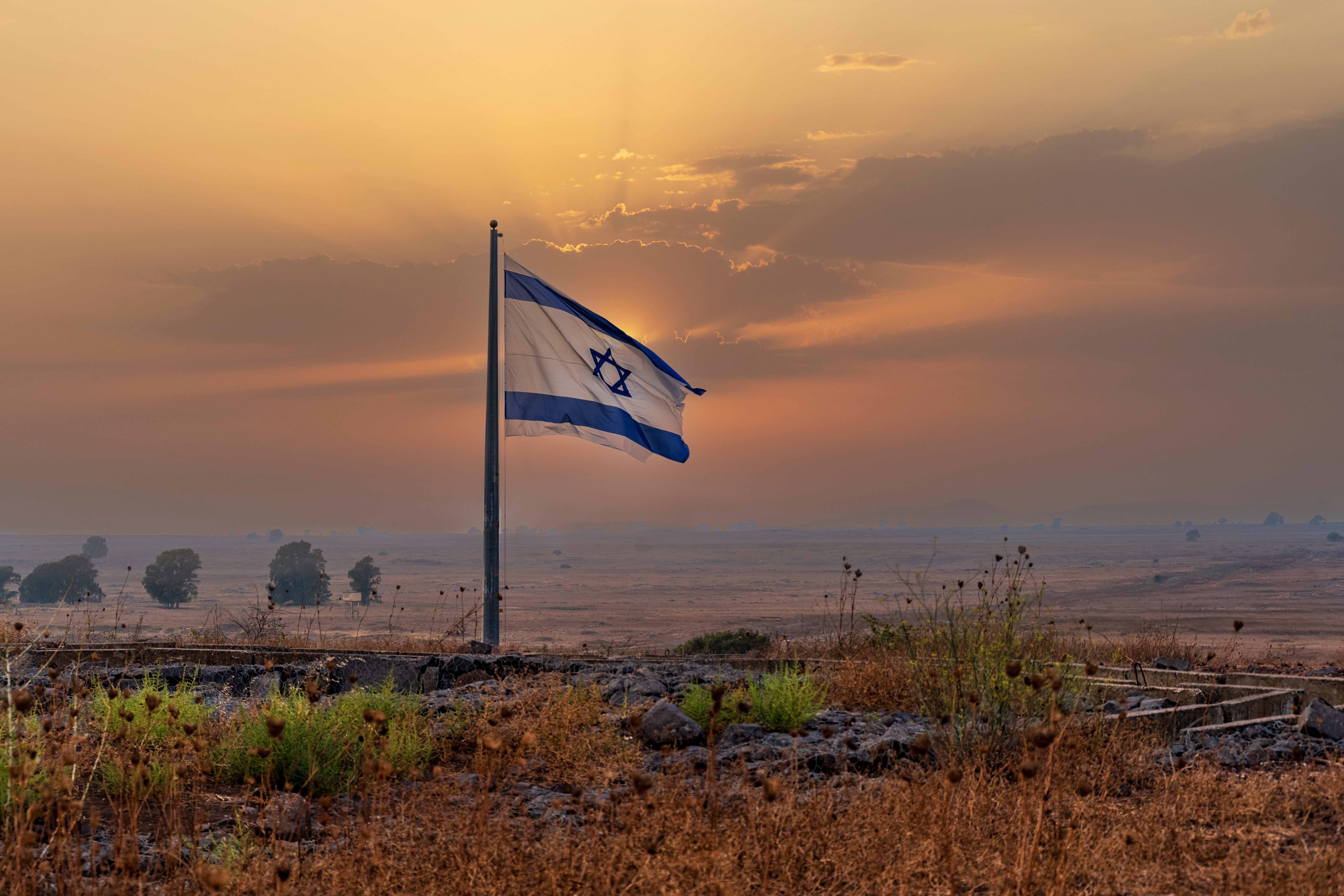As a Palestinian born in Jordan, since childhood I have always heard only good things about the Muslim Brotherhood, writes Amar Marar. As a teenager I supported their charitable work in Egypt and Jordan, and no one can deny the positive services the oldest Islamic political party has delivered to the Arab and wider Muslim world.
When the Arab Spring began in 2011, many sincere Muslims were overwhelmed at the Islamic sentiment of the uprisings. Even though my country of birth Jordan was pretty quiet compared to its regional neighbours, the Muslim ummah had longed for the overthrowing of western-backed dictators who had brutally suppressed Muslims and Islamic parties for decades.
No media outlet could ignore the strong desire of the Arab world for Islam to influence its everyday life in the form of political governance no matter how much they dressed up the revolutions to be in support of “democracy.”
So when a ruling member of the Tunisian En Nahda party said that their electoral victory was “a historic moment leading to the sixth caliphate;” and the Libyan NTC chairman Mustafa Abdul Jalil declared that the new Libya would be an Islamic state; and when Mohamed Morsi declared “The Qur’an is our constitution, the Prophet is our leader, jihad is our path and death in the name of Allah is our goal”, the Muslim world really must have believed they were at the brink of a new era – I knew I did!
Egypt
Subscribe to our newsletter and stay updated on the latest news and updates from around the Muslim world!
But the political situation in Egypt was a sticky one, being the most populated Arab country different political factions had significant amounts of influence. You had left-wing liberals and secularists who were led by Ahmed Shafique (seen by many as an old Mubarak guy); you had the new Salafi party “Hizb ul-Nur”; the Brotherhood had huge street support; and not forgetting the significant Coptic Christian minority whose vote would also influence the eventual victor of the Egyptian election.
In the end, it was the Freedom and Justice Party that won the election and President Mohamed Morsi became Egypt’s first democratically elected president in June 2012. Many would have argued this was not only a victory for political Islam but democracy too, but this was not the case. Upon coming to power, Morsi was left to deal with a nation which was politically weak, economically weaker and yearning for social change.
The country was in debt, unemployment was sky high, inflation was soaring and 40 years of political mishandling was now the responsibility of Morsi to resolve. However, some shocking decisions cast serious doubt upon Morsi and the Brotherhood. These included stopping aid and arms crossing the Rafa crossing during the siege of Gaza which shocked the Muslim world. Their continued acknowledgement of the Camp David Accords and peace with Israel further angered the ummah. Sending troops to fight jihadis in the Sinai who were fighting Israel also raised questions among the more hard-line Islamists.
More IMF loans, cosying up to western leaders and their regional proxies, and having a foreign policy which seemed to maintain the status quo had quickly lost support for the Brotherhood – as a long time supporter of the Ikhwan, I too began losing hope and questioned their sincerity.
“Democratic coup”
But all these mistakes still did not justify what happened on Wednesday. Egyptians wanted “Islam” and they wanted “democracy” and via the ballot box they elected Morsi. Putting his gross mistakes aside, was it constitutionally correct to remove a democratically-elected president from office because of a popular uprising under the justification that his government wasn’t “inclusive” enough? Was he expected to solve the issues of Egypt within a year? Anyone who thinks that was possible is seriously living in a dream world.
The army, which has always been the most powerful political apparatus in Egypt, was used by Mubarak for decades to suppress opposition parties along with the secret police. The Supreme Council of Armed Forces (SCAF) had always been a foreign tool under the financial and political control of America which aids it with billions of dollars every year.
 They tolerated Mubarak because he was easy to control and danced to the tune sung by the West. Critics of the Brotherhood would also argue that Morsi appeased the West with his policies towards Israel, supporting jihad in Syria (an area of contention of how genuine this was) and continuing to take IMF loans. But why then did the army decide to oust Morsi if he was also a western appeaser like Mubarak who was easily controlled?
They tolerated Mubarak because he was easy to control and danced to the tune sung by the West. Critics of the Brotherhood would also argue that Morsi appeased the West with his policies towards Israel, supporting jihad in Syria (an area of contention of how genuine this was) and continuing to take IMF loans. But why then did the army decide to oust Morsi if he was also a western appeaser like Mubarak who was easily controlled?
My only answer to the above question is that the army had this planned all along and were waiting for an opportunity to overthrow Morsi and hunt the Brotherhood down. Who knows what role the West, namely the US, the Tamarod movement led by Mohamed El Baradei and SCAF played behind closed doors? It seems that the political system the Brotherhood had relied on had failed them and the Egyptians who wanted democracy clearly do not understand it, whether it be the western definition of it or an “Islamist” interpretation of it.
Time for revision
It’s very hard for me to say that the Brotherhood had failed as I have supported them all my life, seen many of their charitable projects in the Arab world serve the ummah and admire their founder Hasan al Banna (rh) and leader Syed Qutb (rh) as great Islamic thinkers of our era. But I honestly think it’s time for the Brotherhood to revise their strategy and go back to the drawing board. Clearly the gradual political process of democracy is not the way forward to establish their aims and even I am beginning to question it is.
They have surely learnt from this difficult yet inevitable episode that regional “supporters” who are in fact western puppets like Qatar and Saudi Arabia will only give lip service to the Islamic cause. Though Turkey denounced the military coup, they are also a western proxy which has one the biggest US military bases in the world. The Brotherhood need to seriously work out who is on their side and who aren’t. The Salafi Nur party effectively stabbed them in the back along with the Grand Mufti of Al-Azhar. The same King Abdullah of Saudi Arabia, who congratulated Morsi on his presidential victory, also congratulated the army for overthrowing him.
My advice to the party I have supported since a young teenager is just like the Brotherhood changed its methodology from initially culturing the people about Islam, then armed resistance during the 1960s-80s, eventually to the democratic process, the Egyptian episode of 2013 is a historic milestone to now go back to its roots. Those roots are to serve the ummah with its charitable work, culture the Muslims on Islam and refrain from politics which will fail them and inevitably fail Islam.
With the crackdown on the Brotherhood’s leadership, members and activists in Egypt, they may be entering another period of state persecution like the old days which will no doubt affect other Islamic groups and movements who are not supportive of military rule and the opposition. Islamic channels and newspapers are being shutdown, men are apparently considering shaving the beards out of fear of association – undoubtedly these are hard times.
Muslims and Islamic groups can make mistakes, but no mistake besides Shirk is unforgivable, and the Brotherhood being the largest Islamic political party in the Arab world still have time to mend their ways, win the support of the people who trusted them to lead and seek advice from others who predicted this episode and had warned them of it for decades.
Family and friends from Nasr City have told me that there will be a mass protest after Jumuah today titled the “Friday of Rejection” against the military coup. My prayers are with those who participate in this protest and as numbers of dead Brotherhood activists increasing since Wednesday, only time will tell what the new Egypt holds for Ikhwan.
Allah (swt) says: “Verily, with hardship comes ease.” (Quran 94:6)




















